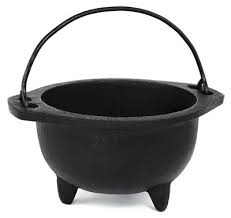Mindfulness is a simple yet profound way of being that essentially realigns our priorities.
We are told that we need to constantly be achieving things in order to be happy and living a successful life. And because of the non-stop busyness that drives so much of our behavior, our to-do lists, and progress in achieving our goals and plans, are what we focus on. As a result we ignore the very common signposts of human experience that tell us we are sentient beings living on this earth. The momentary joy of smelling a flower or eating a delicious meal or witnessing the smile of a child rush by us barely appreciated, or maybe completely missed, because our attention was occupied by thoughts of our next meeting or a project we have at work. Or, we miss the subtle clues inside our body that tell us that we are feeling sad, or anxious, or angry, or ill, and emotions seeking to be known and held in awareness are denied and distracted so that we don’t feel them. And deep intuitions that might guide us through life’s changes and point us to new ways of being are never given a chance to flower in the felt sense of the body because we ignore our bodies most of the time.

When we practice mindfulness, this all begins to change. Mindfulness is not a state of mind, or a technique, or a philosophy even. It is simply the act of giving space to what we experience as warm-blooded human beings. We give space to the old fears of not being good enough that have obsessed us all our lives, we give space to the anger that smolders inside when someone slights us, we give space to the old griefs that still have much to teach us. Giving space means letting the experience rise into consciousness, and holding it. Not changing it or fixing it, just holding it, letting it live in the light of awareness. Sometimes the pain and suffering we hold in awareness needs to be held for a long time – but eventually, what we hold in awareness will change. Its negative charge will lessen, or, as the Tibetans say, it will “self-liberate.” When the painful thought or emotion releases it will also give up its wisdom to us so that we will learn from it. Giving space to these all too human experiences allows us to metabolize the joys and sorrows of being alive. And what we cook in the cauldron of practice, given enough time, becomes the feast of our life.
